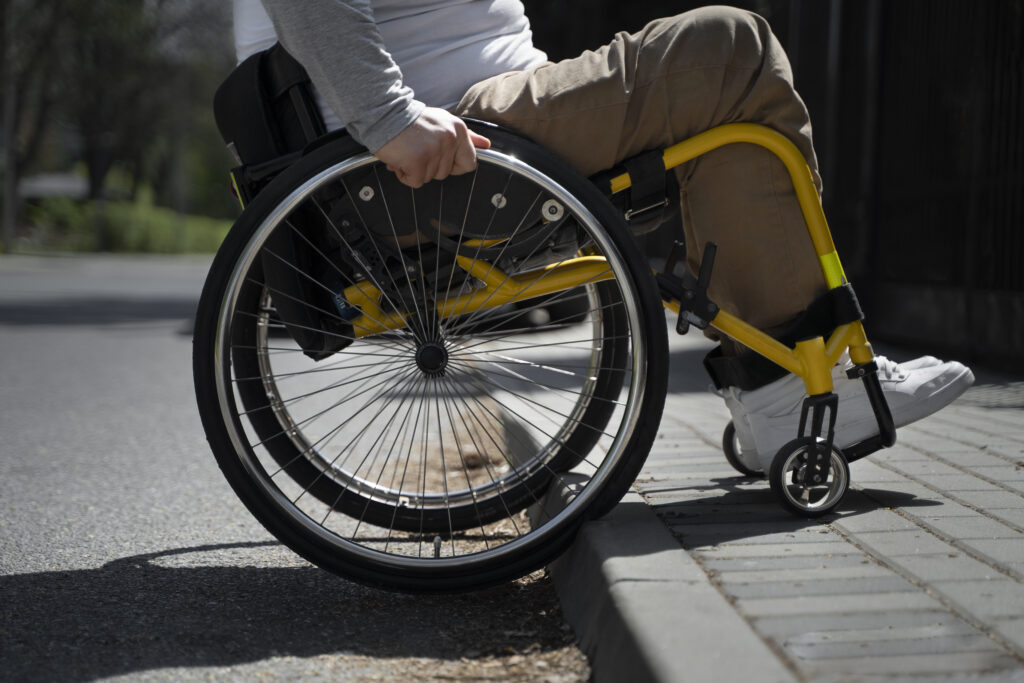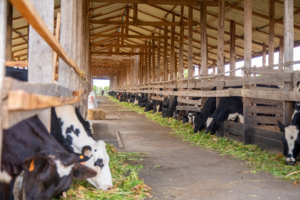During my daily brisk walk last Thursday morning, I witnessed an incident that shook me deeply. Along one of Nairobi’s busy highways, I saw a man in a wheelchair navigating the uneven pavement. Suddenly, his front wheel caught in an open manhole, and he tumbled forward. I rushed to help him, and as I lifted him, he introduced himself as Otino, a cobbler hurrying to open his shop. With tears in his eyes, he described the daily agony of navigating such obstacles just to make a living. His pain was raw, and as he spoke, tears streamed down my face too. That moment was a piercing reminder of the daily struggles faced by people with disabilities — and the urgent need for change.
Kenya’s 2019 census shows that 2.2% of the population which is about 900,000 people, live with disabilities, with over 378,000 relying on wheelchairs or mobility aids. For them, navigating uneven sidewalks, open manholes, and inaccessible public transport is a daily battle, often forcing them to rely on others and stripping them of their independence.
The challenges extend far beyond physical barriers. For many, the constant struggle to access essential services leads to social isolation, eroding their mental well-being. Imagine the emotional toll of living in a society where every trip outside is fraught with difficulties and indignities. Economically, the lack of accessible transportation locks many people with disabilities out of employment opportunities, perpetuating cycles of poverty and dependence. This situation is a stark contradiction to the principles of inclusivity and equal opportunity that we aspire to uphold as a nation.
Well, efforts have been made to address these challenges. Various initiatives such as Ace Mobility have introduced modified vehicles equipped with ramps and trained drivers, providing a lifeline to some. However, these services often come at a cost that is out of reach for most Kenyans with disabilities. These isolated amazing solutions, while commendable, may not address the systemic issues that make Kenyan cities so unwelcoming for people with disabilities. What we need is not just incremental change but a transformative approach that ensures accessibility for all.
To create a Kenya where everyone can move with dignity, we must take a multifaceted approach. First, there is an urgent need for strict enforcement of accessibility standards in urban planning and public transportation. Ramps, concrete paving, and properly maintained sidewalks must become the norm, not the exception. Public transportation systems must be equipped with features such as low-floor buses and wheelchair-friendly boarding areas, ensuring that everyone can travel safely and independently.
Second, public awareness campaigns are crucial in fostering empathy and understanding. These campaigns can help shift societal attitudes, encouraging communities to view accessibility as a collective responsibility rather than a niche concern. By educating people about the rights and needs of individuals with disabilities, we can break down stereotypes and build a more inclusive society.
Third, affordability is key. Services like Accessible Travel Kenya, Flone Initiative, Go Africa Safaris and Ace Mobility and Ace Mobility must be subsidized through public-private partnerships to make transportation accessible for all. Equally vital is involving real people living with disabilities like my newly found friend Otino in decision-making because their lived experiences are essential for shaping effective, inclusive policies.
Ultimately, this is not just the government’s responsibility. Every sector of society has a role to play — employers must champion accessible workplaces, architects must embrace universal design, and civic organizations must amplify the voices of people with disabilities. Together, we can create a society that values and includes everyone.
As I reflect on the incident I witnessed, I am struck by its profound message: Otino is someone’s father, brother, and friend. His fall was more than an accident — it was a symbol of how far we still must go as a society to uphold the dignity of all. How much longer must such struggles continue? Let’s act now to create a Kenya where everyone moves with dignity and ease. Think green, act green!



